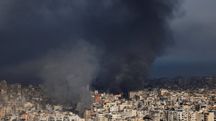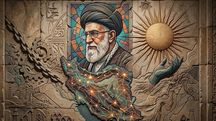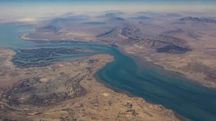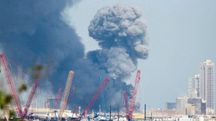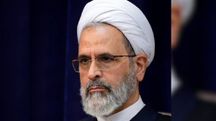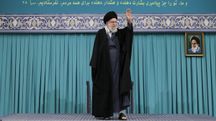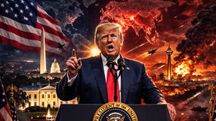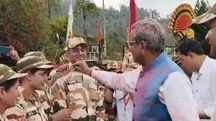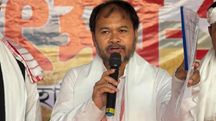Democracy should continue in this country: Bangladesh PM Sheikh Hasina ahead of polls
In the lead-up to the parliamentary elections in Bangladesh, Prime Minister Sheikh Hasina has emphasized the importance of continuing democracy in the country.
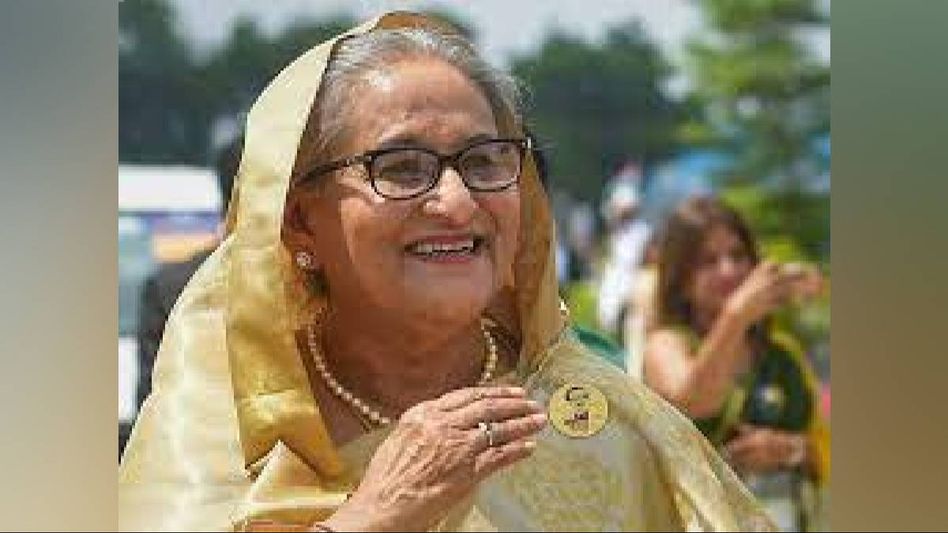
In the lead-up to the parliamentary elections in Bangladesh, Prime Minister Sheikh Hasina has emphasized the importance of continuing democracy in the country.
As the head of government and leader of the Awami League (AL), Sheikh Hasina is a pivotal figure in Bangladesh's political landscape, which operates within a framework of a parliamentary representative democratic republic. The AL has been in power for an extended period, with Sheikh Hasina at the helm since 2008, and the party has managed to maintain its position through a coalition known as the Grand Alliance.
Despite her commitment to democracy, Sheikh Hasina's tenure has not been without controversy. The political climate under her leadership has seen sustained harassment of opposition parties and critics, including the media and civil society, raising concerns about authoritarian tendencies within the ruling party. Corruption has also been a significant issue, with allegations that anticorruption efforts are undermined by politicized enforcement.
The main opposition party, the Bangladesh Nationalist Party (BNP), has decided to boycott the polls, citing the lack of a neutral caretaker government to oversee the elections and documented flaws in previous elections. This decision has led to heightened tensions and confrontational street politics, with the BNP engaging in nationwide strikes and blockades, which have sometimes turned violent.
International actors, including the United States and the European Union, have taken an interest in Bangladesh's democratic processes, advocating for improvements and fair elections. However, the BNP has leveraged this external pressure to support its stance against the current election administration.
Despite these challenges, public support for Sheikh Hasina remains strong, bolstered by the government's infrastructure and development policies. However, there is growing discontent over issues such as jobs and inflation, and the opposition's approval ratings have risen. The public is divided on the election administration debate, with many calling for the reinstatement of the caretaker government system to ensure fair elections.
As Bangladesh go for polls today, Sheikh Hasina stands firm on the necessity of democracy in Bangladesh, even as the nation grapples with deep political divisions and the specter of further unrest. The outcome of the elections will be crucial in determining the future trajectory of Bangladesh's democracy and whether it can overcome the current cycle of political crisis and violence.
Also read : Bangladesh gears up for General Election tomorrow: What you need to know
Copyright©2026 Living Media India Limited. For reprint rights: Syndications Today
